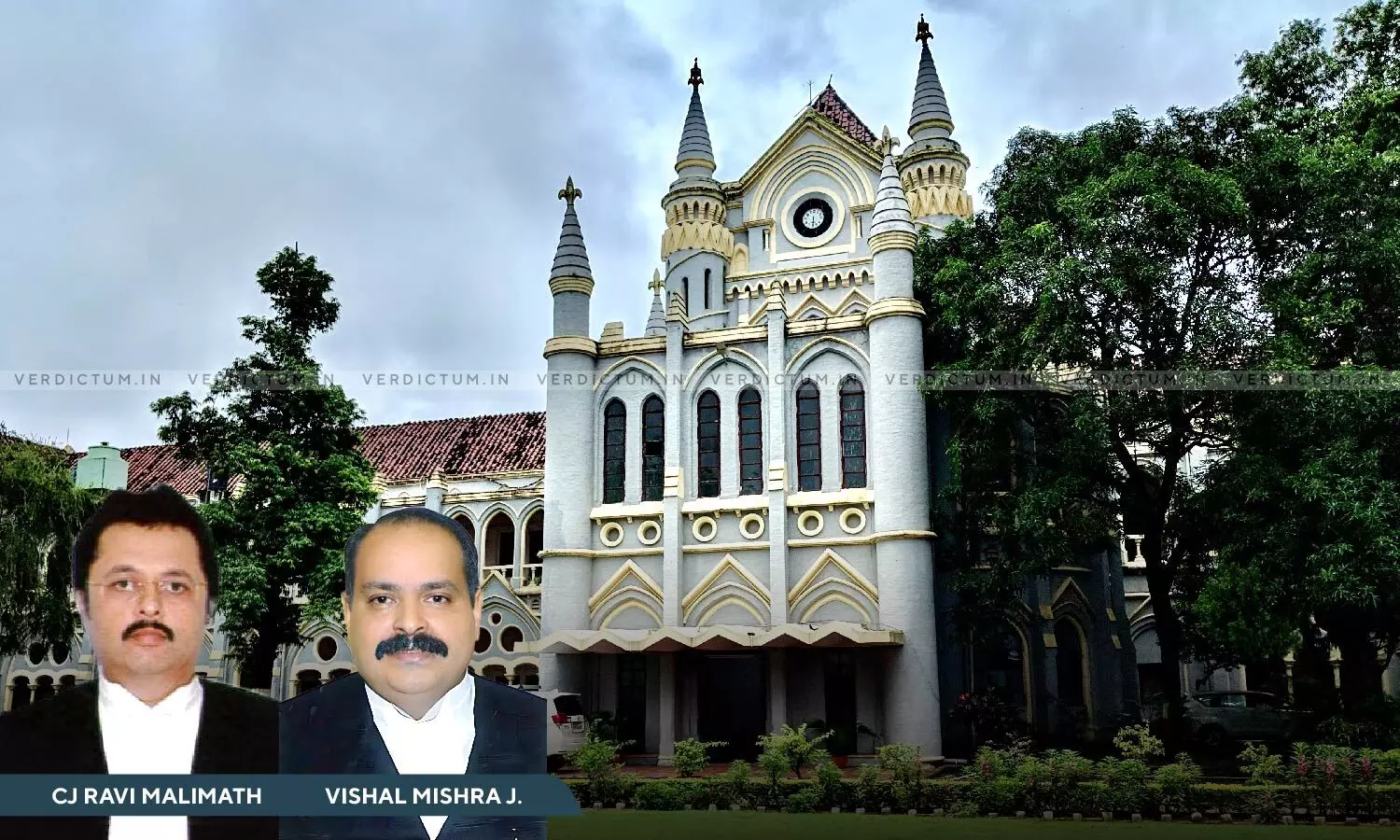
Rarest Of Rare Doctrine| MP HC Commutes Death Penalty Awarded For Rape & Murder Of 4-Year -Old Girl To Life Imprisonment Without Remission
 |
|A Madhya Pradesh High Court Bench of Chief Justice Ravi Malimath and Justice Vishal Mishra has commuted the death penalty awarded for the rape and murder of a young girl to life imprisonment without remission.
In that context, the Court said that, "although the offence has been committed taking advantage of the position that the victim was known to the accused but the fact remains that the it does not constitute a case which could be stated to be falling under the category of rarest of rare case."
Public Prosecutor SS Chouhan appeared for the appellant, while Amicus Curiae Counsel Akash Choudhary appeared for the respondent.
In this case, Jitendra Uikey, a 24-year-old man, was convicted under several sections of the Indian Penal Code (IPC) and the Protection of Children from Sexual Offenses Act (POCSO) for committing the rape and murder of a 4-year-old girl.
The victim was a distant relative of the accused. The prosecution's case stated that Jitendra took the girl away from her grandmother's house by deceiving her with the promise of buying a toffee. Subsequently, the girl went missing, and her father reported her disappearance to the authorities. During the investigation, it was revealed that Jitendra was the last person seen with the girl. Later, in his disclosure statement, Jitendra confessed to raping and killing the victim by suffocating her. The prosecution presented evidence that the victim's body was found in the forest following Jitendra's disclosure.
The Court was hearing the death reference and appeal pertaining to this heinous crime.
On hearing the arguments and perusing the record, the Court made certain observations.
The Court observed that the DNA report clearly established that the blood samples collected from the accused and the samples which were collected from the victim were matching. In that context, it was further said that, "it is apparently clear that the accused was the person who had taken away the girl child and committed rape upon her and thereafter murdered her."
Further, the Court said that the accused failed to prove his innocence as all the evidences which have been collected during investigation/trial go against him. It was also noted that the entire chain of circumstances was proved, and it was clear that the Trial Court did not commit any error in holding the appellant guilty.
Regarding the sentence of death penalty awarded, the Court perused the "rarest of rare principle" given in cases like Bachan Singh vs State of Punjab and Machhi Singh v. State of Punjab, post which it analysed the aggravating circumstances against the mitigating circumstances.
Subsequently, it was said that, "The theory of residual doubt is also required to be considered which effectively creates a higher standard of proof over and above beyond reasonable doubt. Although in the instant case, the prosecution has successfully established the case beyond any reasonable doubt against the accused but the theory of residual doubt has to be applied as a safeguard against the routine capital sentencing keeping in mind the irreversibility of death. The age of the accused is required to be seen and whether there is a possibility for reformation or not is required to be kept in mind prior to sentencing for death."
In light of the same, the death penalty was reduced to imprisonment for life without remission.
Cause Title: In reference received from Sessions Judge, Raisen (M.P) v. Jitendra Uikey
Click here to read/download the Judgment